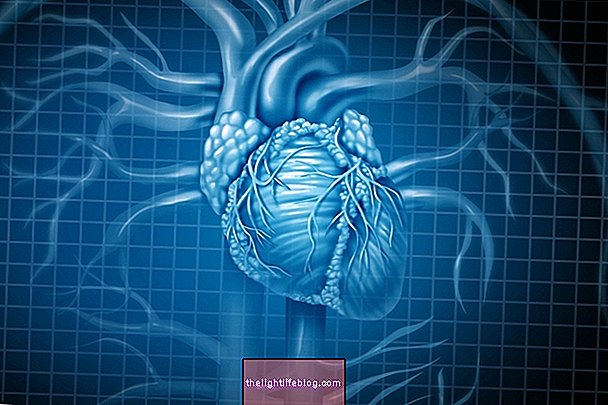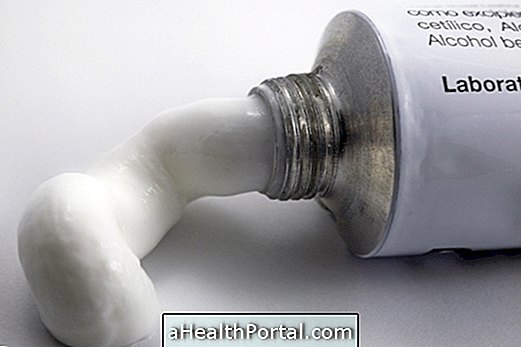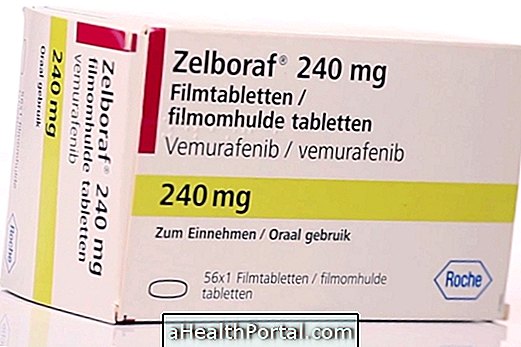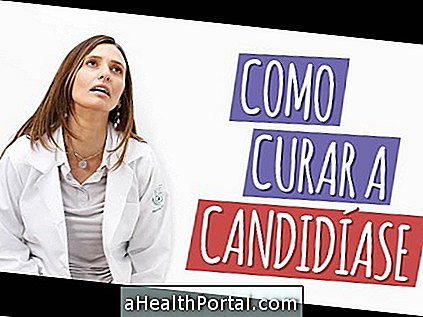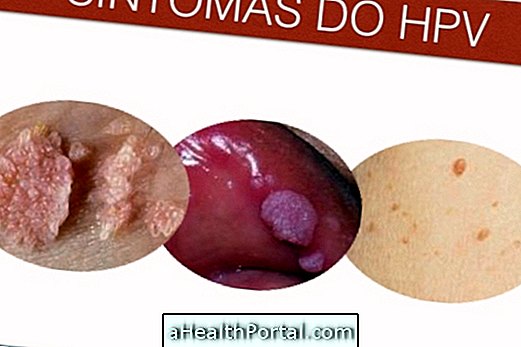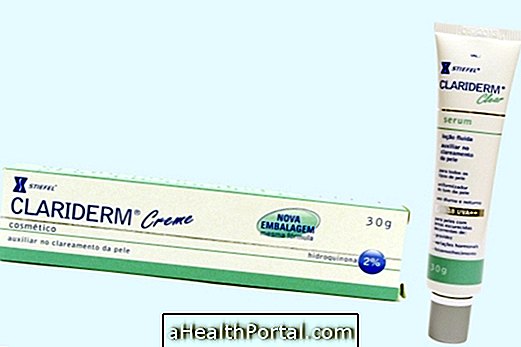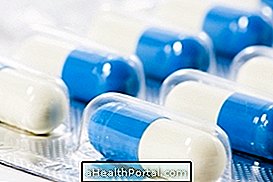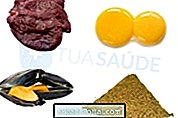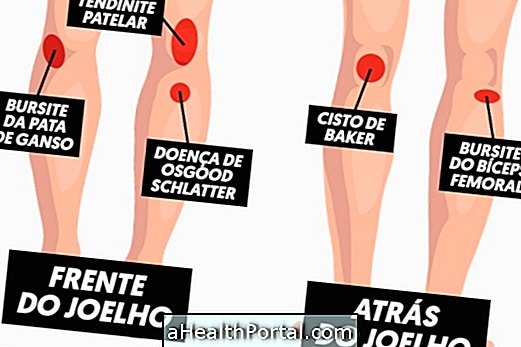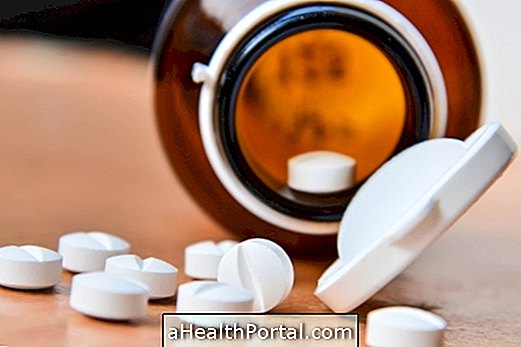Dilated cardiomyopathy is a disease that causes excessive dilation of the heart muscle, making it difficult to pump blood to all parts of the body, which can lead to the development of heart failure, arrhythmia, blood clots or sudden death .
This type of cardiomyopathy is more common in men between 20 and 50 years of age, although it can occur at any age, including children, and often may not show symptoms that are easy to identify. However, as there is a difficulty for the heart to pump blood, the person may feel tired, weak or short of breath, and it is recommended to go to the cardiologist to have tests done and to reach a diagnostic conclusion.
The treatment of dilated cardiomyopathy is indicated by the cardiologist depending on the symptoms, causes and severity of the disease, and it may be necessary to place a pacemaker in the most severe cases. The best way to prevent complications of dilated cardiomyopathy is to have regular follow-up with a cardiologist.

Main symptoms
Symptoms of dilated cardiomyopathy are generally similar to symptoms of heart failure or arrhythmia and include:
- Constant excessive tiredness;
- Weakness;
- Shortness of breath during physical exertion, at rest or when lying on your back;
- Difficulty in exercising or in day-to-day activities;
- Swelling in the legs, ankles or feet;
- Excessive swelling in the belly;
- Chest pain;
- Sensation of irregular heartbeat;
- Sensation of noise in the heart.
In addition, blood pressure may be low due to the heart's difficulty in pumping blood.
How to confirm the diagnosis
The diagnosis of dilated cardiomyopathy must be made by the cardiologist based on the symptoms, the assessment of personal and family history, the clinical examination and some tests such as chest X-ray, blood test, electrocardiogram, Holter test, echocardiogram, exercise test , computed tomography, magnetic resonance, catheterization or cardiac biopsy, for example. Find out how the Holter exam is done.
The cardiologist may also request a genetic evaluation to identify whether the dilated cardiomyopathy may have been caused by genetic factors.

Possible causes of dilated cardiomyopathy
The cause of dilated cardiomyopathy, usually, cannot be identified, being called idiopathic dilated cardiomyopathy. However, some causes that lead to the onset of the disease include:
- Cardiac arrhythmia;
- Cardiac insufficiency;
- Diabetes;
- Obesity;
- Hypertension;
- Alcoholism;
- Use of drugs such as cocaine or amphetamine;
- Chronic use of medications such as corticosteroids;
- Chemotherapy with drugs such as doxorubicin, epirubicin, daunorubicin or cyclophosphamide;
- Chagas disease or toxoplasmosis;
- Autoimmune diseases such as rheumatoid arthritis or systemic lupus erythematosus;
- Infections caused by bacteria like Streptococcus, Staphylococcus, Salmonella, Mycoplasma or Chlamydia;
- Infections with viruses such as adenovirus, parvovirus, herpes virus, hepatitis C virus or Covid-19;
- Exposure to toxins such as lead, mercury or cobalt;
- Complications in late pregnancy;
- Congenital defects that occur at the birth of the baby.
Dilated cardiomyopathy can also appear due to genetic problems and, therefore, it is more common in patients with a family history of the disease, especially when it affects either parent.
How the treatment is done
Treatment for dilated cardiomyopathy should be started as soon as possible, under the guidance of the cardiologist, to avoid complications such as pulmonary embolism or cardiac arrest, for example.
Treatment can be done with:
1. Antihypertensive drugs
Some antihypertensives can be used for the treatment of dilated cardiomyopathy as they help to improve the dilation of the vessels and increase blood flow, in addition to facilitating the work of the heart. The most used antihypertensive classes are:
- Angiotensin-converting enzyme inhibitors such as captopril, enalapril or lisinopril;
- Angiotensin blockers such as losartan, valsartan or candesartan;
- Beta-blockers such as carvedilol or bisoprolol.
These medications can also help to treat or prevent the onset of arrhythmias.
2. Diuretics
Diuretics, such as furosemide or indapamide, can be used to treat dilated cardiomyopathy to remove excess fluids from the body, preventing them from accumulating in the veins and making it difficult to beat the heart.
In addition, diuretics relieve swelling in the legs and feet caused by the disease and the lungs, helping to breathe better.
3. Digitálico
The digitalis used to treat dilated cardiomyopathy is digoxin which acts by strengthening the heart muscle, facilitating contractions and allowing more effective blood pumping.
This medication also helps to reduce the symptoms of heart failure, which helps to improve the quality of life.
However, digoxin is a toxic drug and requires frequent medical follow-up and examinations.
4. Anticoagulants
Anticoagulants such as warfarin or aspirin act by lowering blood viscosity, facilitating its pumping and preventing the appearance of clots that can cause embolisms or strokes, for example.
5. Pacemaker
In the most severe cases, where treatment is not done properly or the disease is diagnosed later, the doctor may also recommend surgery to place a pacemaker in the heart to coordinate the electrical impulses of the heart, facilitating its work and regulating the heartbeat heart attacks.
6. Heart transplant
Heart transplantation may be recommended by your doctor if no other treatment options are effective, such as using medications or a pacemaker. See how the heart transplant is done.

Possible complications
The complications that dilated cardiomyopathy can cause are:
- Cardiac insufficiency;
- Cardiac arrhythmia;
- Heart valve problem;
- Accumulation of fluids in the lungs, abdomen, legs and feet;
- Cardiac arrest.
In addition, dilated cardiomyopathy may increase the risk of blood clots and the development of pulmonary embolism, infarction or stroke.
How to prevent dilated cardiomyopathy
Some measures can help to prevent or reduce the damage of dilated cardiomyopathy such as:
- Do not smoke;
- Do not drink alcohol or drink in moderation;
- Do not use drugs such as cocaine or amphetamines;
- Maintain healthy weight;
- Do exercises recommended by the doctor;
- Sleep at least 8 to 9 hours a night.
It is important to follow the doctor's instructions and eat a balanced diet low in fat, sugar or salt. Check the list of foods that are good for the heart.
Was this information helpful?
Yes No
Your opinion is important! Write here how we can improve our text:
Any questions? Click here to be answered.
Email in which you want to receive a reply:
Check the confirmation email we sent you.
Your name:
Reason for visit:
--- Choose your reason --- DiseaseLive betterHelp another personGain knowledge
Are you a health professional?
NoMedicalPharmaceuticalsNurseNutritionistBiomedicalPhysiotherapistBeauticianOther
Bibliography
- MAEKAWA, Yuichiro; et al. Connecting the Missing Link Between Dilated Cardiomyopathy and Viral Myocarditis Virus, Cytoskeleton, and Innate Immunity. Circulation. 115. 1; 5-8, 2006
- WEINTRAUB, Robert G. et al. Dilated cardiomyopathy. The Lancet. 390. 10092; 400-414, 2017
- MAYO CLINIC. Dilated cardiomyopathy. Available in: . Accessed on Dec 14, 2020

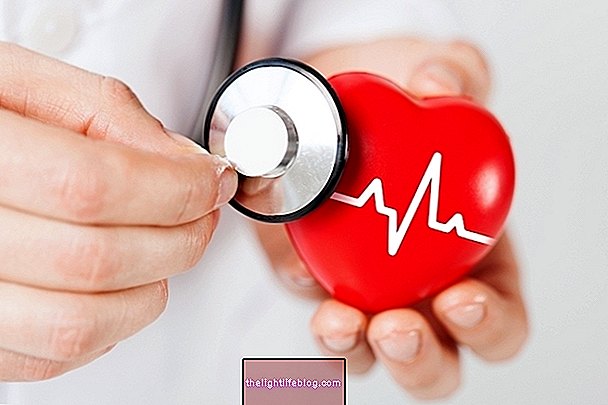
-o-que--causas-e-tratamento.jpg)
